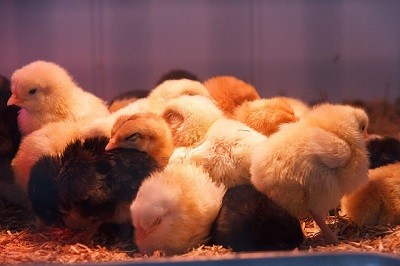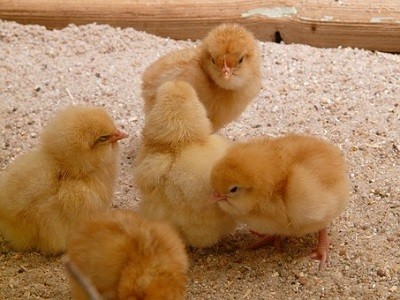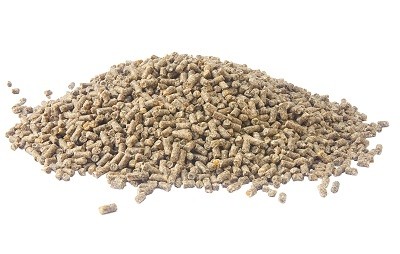If you’re considering adding some chicks to your coop, the ideal time to prepare is now. Many people ask themselves “What Brooder Supplies do I need for baby chicks?” then they search for answers online and they get confused by the information. Looking after chicks is easy if you have the right brooder supplies and you understand how to use them. The supplies can be purchased at a local farm supply store, or you can order them online and have them delivered to your home.
Read moreAuthor: Victoria
How to Take Care of Baby Chicks

Nothing can be more exciting than waiting for your baby chicks to arrive or hatch. Whether you only have one or two as pets, or you want several chickens for laying eggs, chicks’ survival depends on your preparation. Baby chicks are susceptible to infections, temperature fluctuations, dehydration, and even stress. So, it’s essential to take good care of baby chicks.
How to Keep Chicken Water Clean
Chickens need clean and fresh water for optimal health and without it they will get sick quickly. But chickens are messy creatures, and they will not keep their water clean. They tend to flick dirt, debris and dust into their fresh water, and they may even use it as a bathroom! We will take a closer look at how to keep chicken water clean in your coop.
Read moreBest Bedding for Chicken Brooders

Chicken brooders require the best bedding to ensure that your chicks get the best start in life. To keep chicks healthy, you need a good heat source and a regular supply of feed and water in brooders. But choosing the best bedding for chicken brooders is equally as important.
Read moreYour Guide to The Silver Spangled Hamburg Chicken
It can be hard to find the right hen to meet your needs when you first set up a backyard chicken coop. There are so many chicken varieties to consider, but one breed that truly stands out from the rest is the Silver Spangled Hamburg chicken. This chicken is also known as the Spangled Hamburg and in this brief guide, we will explore the breed in more detail.
Read moreGuide to Calcium for Chickens-What They Need

You may be surprised to learn that every egg laid by your hens has a shell that contains almost 95% calcium carbonate. The production of hard eggs requires the chicken to consume approximately 20 times more calcium than the bird has in her bones. As a responsible keeper, it’s your duty to ensure that your chickens are getting sufficient calcium in their diets.
Read moreWhat To Do with Your Chickens When You Are Away
Chickens are fascinating animals and it’s easy to get attached to them and their unique personalities over time. But a common question asked by owners is what to do with your chicken when you are away? If you need to be away from home and your flock for a few days or even a week or two some careful advanced planning is needed.
Read moreBest Layer Feed for Chickens-All Your Hens Need to Lay Eggs

Using the best layer feed for chickens is crucial if you want your hens to lay high-quality eggs. A complete layer feed for your chickens should contain all the nutrients they need for a healthy diet. For example, egg-laying hens need a feed with around 16 to 18 percent protein and extra calcium. However, for a healthy, balanced diet, chickens that lay eggs need the right balance of basic nutrients, vitamins, and minerals in their feed.
Read moreA Guide to Welsummer Chickens

Choosing the right hen for your backyard coop can be tricky because there are hundreds of varieties from around the world. But, in our humble opinion, one of the best chicken breeds is Welsummer. In this guide, we will take a look at Welsummer chickens in more detail to help you decide if they are a good fit for your plans.
Read moreWhy Are My Chickens Pecking Each Other

It’s very common for chickens to peck at each other a little – but why do they do this? And how can you prevent it from becoming a problem?
Why Do Chickens Peck at Each Other?
Chickens are very social creatures. Pecking is a normal, healthy and important communication channel within your flock, and most pecking will be gentle, with hens rarely disturbing each other’s feathers. This is how the proverbial “pecking order” is established; the hens work out who’s who in the hierarchy of the flock.
Read more